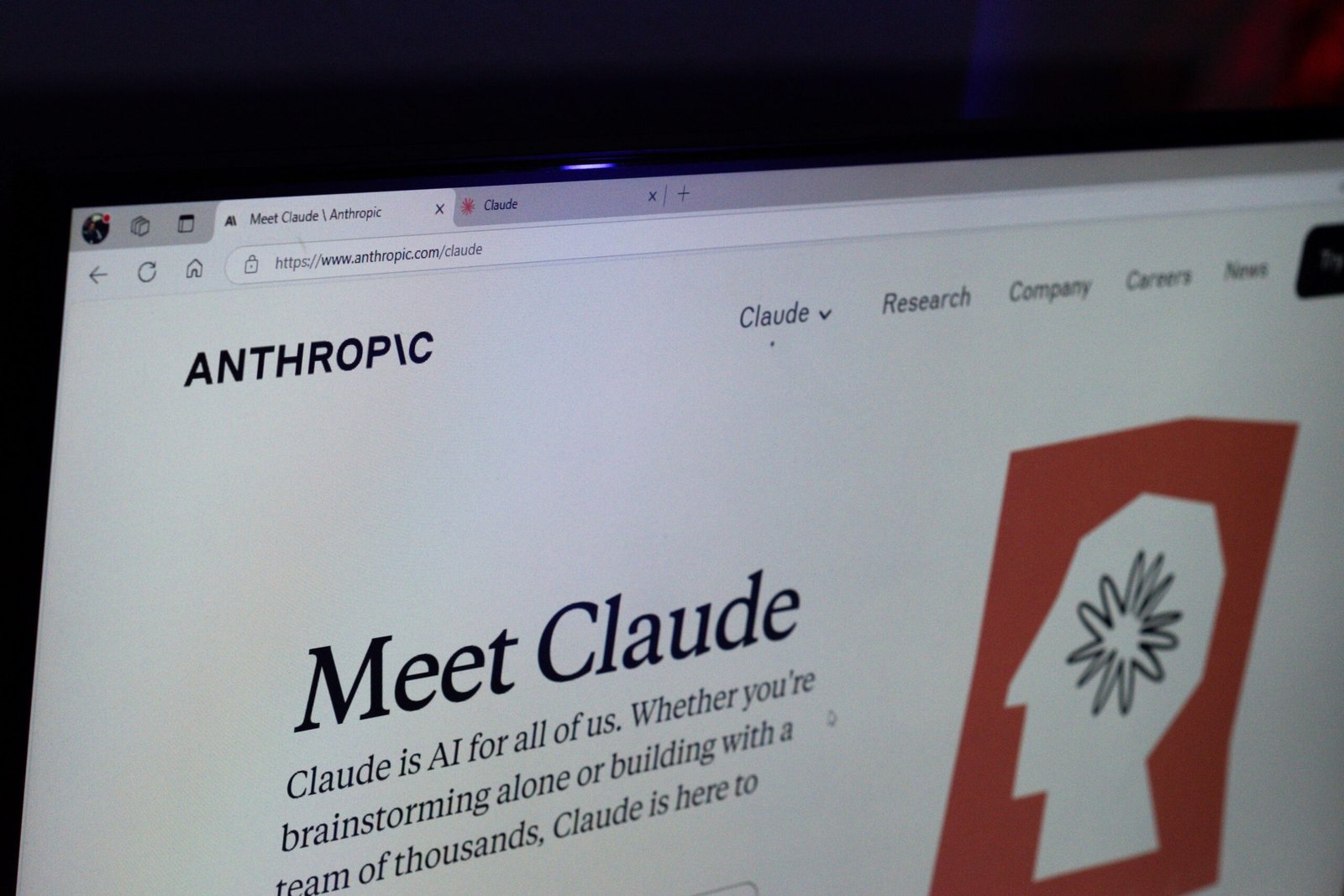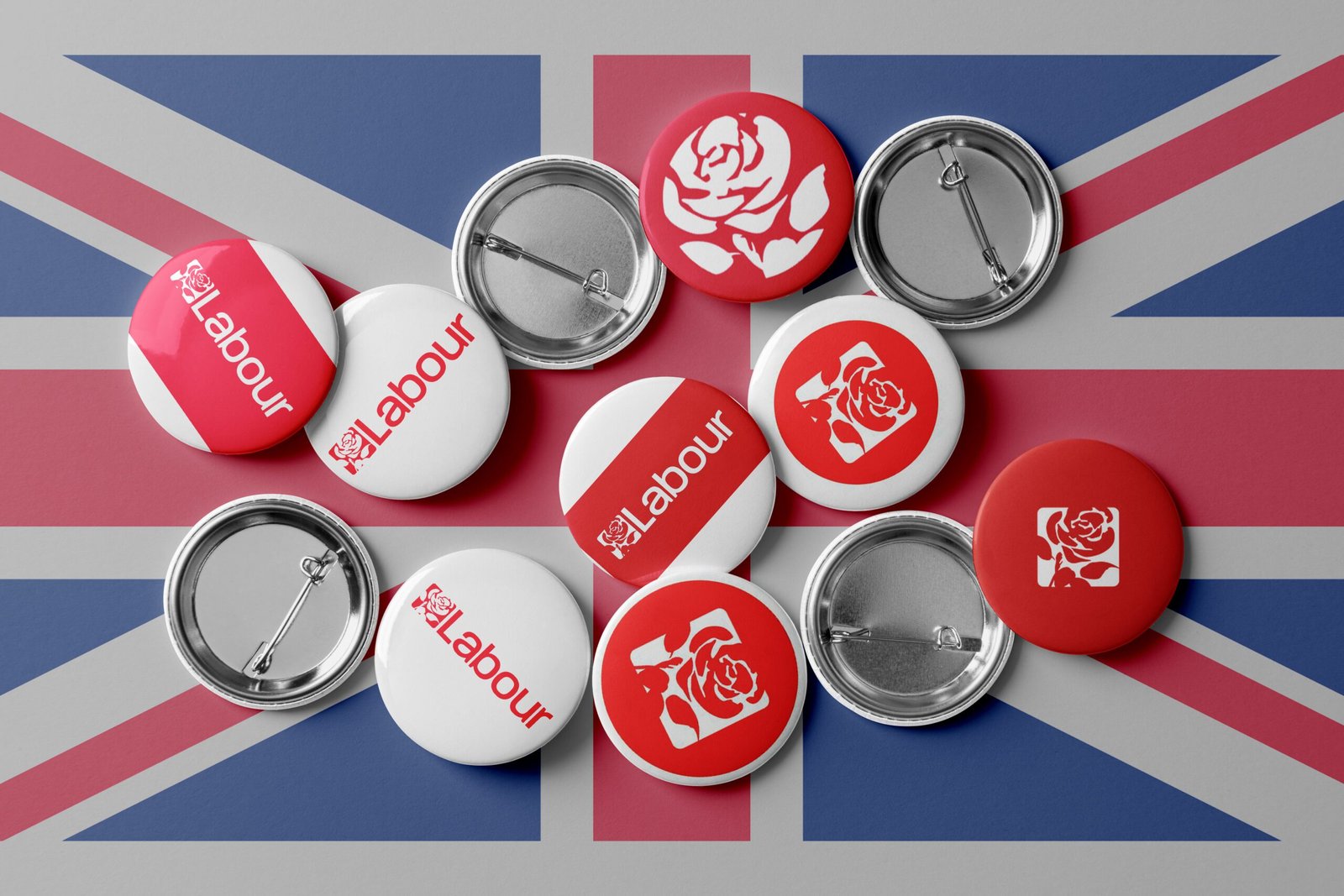
A recent study by the BBC reveals significant flaws in AI-generated news summaries, renewing calls for greater oversight in media tech.
The British Broadcasting Corporation (BBC) has ignited a critical conversation about artificial intelligence and journalism following the release of findings from its recent trial. The broadcaster evaluated four leading AI systems—OpenAI’s ChatGPT, Microsoft Copilot, Google Gemini, and Perplexity AI—tasked with summarising BBC news stories. The results were concerning: over half of the AI-generated outputs contained substantial inaccuracies or misrepresentations.
In total, 51% of responses from the AI tools had what the BBC termed “serious issues”, ranging from incorrect figures to misleading headlines. Of those, 19% introduced outright factual errors when referencing BBC content. These included misquoting sources, fabricating data, or twisting the tone and intent of the original story.
Deborah Turness, CEO of BBC News and Current Affairs, responded to the findings with a strong warning. She suggested that AI developers are “playing with fire,” and cautioned that it may only be a matter of time before a distorted AI-generated headline has damaging real-world consequences. Her remarks have reignited debates about the ethical responsibilities of both AI developers and media organisations.
The BBC’s decision to undertake this study comes at a time of growing experimentation with generative AI across the media industry. Earlier this year, the BBC revealed plans to use AI tools to assist journalists in generating headlines and optimising content. While the goal is to improve newsroom efficiency, the corporation insists these tools must be rigorously tested and human-supervised to ensure editorial standards remain intact.
Elsewhere in the UK, regional newspapers have also begun integrating AI into their editorial processes. Berrow’s Worcester Journal, one of the oldest continuously published newspapers in the world, has deployed an AI-assisted reporter that compiles local stories using structured data. Although such innovations have enabled small newsrooms to increase output, critics warn of a growing reliance on machines that may lack contextual understanding or ethical judgment.
What the BBC’s findings reveal is a broader issue with generative AI: while these models are proficient at producing readable content, their grasp of factual integrity can be tenuous. The trial found that AI tools often “hallucinate”—a term used to describe instances where the system generates believable but false information. These hallucinations not only mislead readers but also pose a reputational risk to the organisations whose content is being distorted.
The BBC now joins a growing chorus of voices calling for more transparency in how AI tools are trained, deployed, and held accountable. Media watchdogs and journalism experts have expressed support for the broadcaster’s stance, highlighting the need for regulatory frameworks that safeguard the truth in an age of algorithmic content creation.
In response to the report, the BBC has stated that it will continue experimenting with AI but with heightened scrutiny. Human editors, it insists, will always play a vital role in the editorial process. The broadcaster also plans to work more closely with AI firms to ensure BBC content is used responsibly and accurately.
This story is emblematic of the broader challenges that come with integrating AI into essential public services like journalism. As the UK positions itself as a leader in AI innovation—backed by government investment and high-profile research hubs—the pressure is mounting to ensure that technological advancement does not come at the expense of accuracy and trust.
Ultimately, the BBC’s study serves as a timely reminder that while AI can be a powerful tool, it must be wielded with caution, especially in domains where truth and public understanding are paramount.






